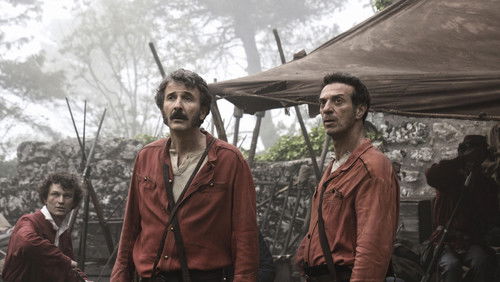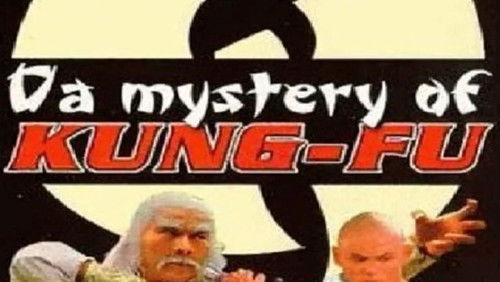Bobby Sands: 66 Days (2016)
10KBobby Sands: 66 Days: Directed by Brendan Byrne. With Gerry Adams, Michael Alison, Humphrey Atkins, Aram Bakshian. In the spring of 1981 Irish Republican Bobby Sands’ 66-day hunger strike brought the attention of the world to his cause. Drawing on an Irish Republican tradition of martyrdom, Sands’ emotive, non-violent protest to be classified as a political prisoner became a defining moment in 20th century Irish history. Sands’ death after 66 days marked a key turning point in the relationship between Britain and Ireland, and brought a global spotlight to the Northern Irish conflict which eventually triggered international efforts to resolve it. 66 DAYS is a major feature length documentary exploring Sands’ remarkable life and death, 35 years on from his ultimate sacrifice. The spine of the film is comprised of Sands’ own words, drawn from his hunger strike diary, a unique insight into the man and his beliefs as he embarked on his final journey. Directed by award winning filmmaker Brendan J Byrne and produced by Trevor Birney of Fine Point Films, this landmark non-fiction feature film will have its world premiere at a major international film festival in 2016.
“When I was offered a chance to view u0026quot;Bobby Sands: 66 Daysu0026quot;, my first reaction was one of surprise. After all, I hadnu0026#39;t heard this manu0026#39;s name mentioned in decades. I knew who he was….but thought he was an all but forgotten figure in Irish history. Well, apparently he is still remembered and director Trevor Birney has recently completed a documentary about this man.u003cbr/u003eu003cbr/u003eTo remember who Sands was, itu0026#39;s best if you are older. Iu0026#39;m in my 50s and clearly remember the many television news stories about this IRA member during his famous and very well-publicized hunger strike…but younger viewers might not have any idea who he was and why he was important. Back in the 70s, Sands and many other IRA members spent time in and out of British prisons. However, in the late 1970s, the British government decided to start treating these folks like common criminals and not accord them the u0026#39;special statusu0026#39; they had previously. Eventually, Sands and a group of other IRA prisoners decided that the way to draw attention to the cause of separation for Northern Ireland was to stop eating and even die if necessary. And so they did…and eventually this did result in lots of attention throughout the world.u003cbr/u003eu003cbr/u003eUsing old footage, photos, modern interviews and even an actor speaking Sandsu0026#39; words, the story is told and without too much in the way of hyperbole and politicization. This is difficult because although the violence in Northern Ireland has relented over the last 15 years, many folks still have very, very strong feelings about the cause–both pro and con. As for me, I was perhaps not the best person to watch the film as although it was very well made, I really was rather ambivalent about the subject matter. I am not an Irish- American, nor British- American, just anti-violence. I did feel the film was mildly interesting…but would be much more interesting to Brits and Irish folks. It most likely would make for a compelling story for these audiences. My only quibble, and itu0026#39;s a minor one, is that the film makes it seem that Sandsu0026#39; death helped the movement succeed but this wasnu0026#39;t exactly the case…at least not in any direct cause and effect way. The violence and incarcerations still continued all the way up until 2001 and Northern Ireland still is part of the United Kingdom. Still, you have to admire these folks for telling his story about as well as possible given the events occurred well over 30 years ago. They did show a real knack for telling his story.”









